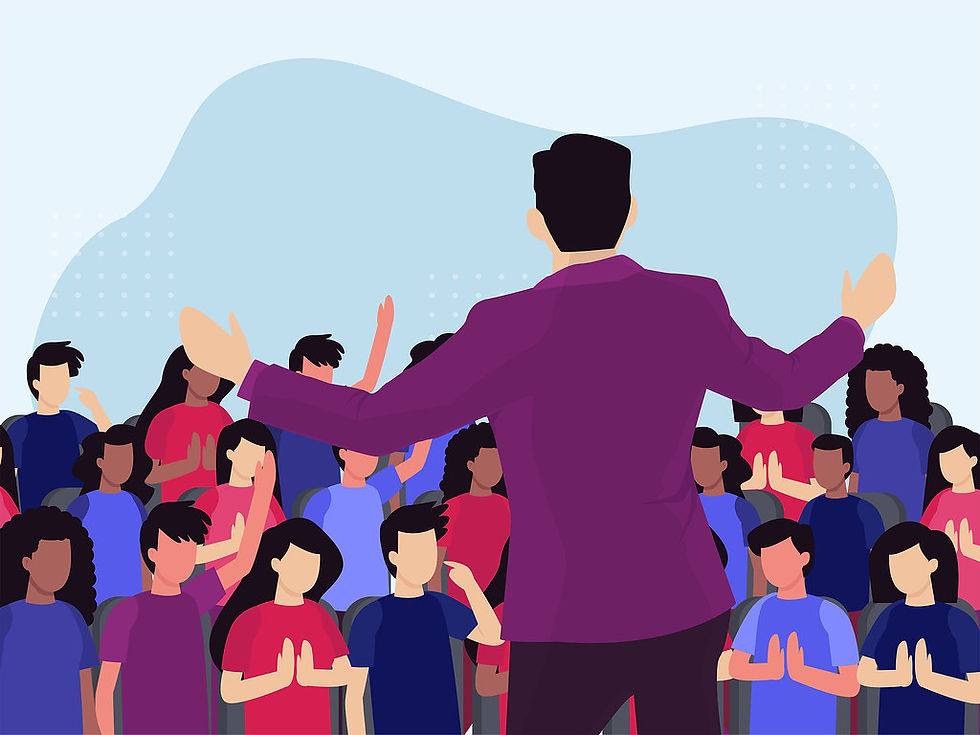Invisible Wounds: Why People with Disabilities Are More Likely to Be Harmed
- Vivek Chunduru
- Jun 30, 2025
- 2 min read
Updated: Jul 31, 2025

Imagine living in a world where you rely on others for help getting dressed, taking your medicine, or simply getting out the door. Now imagine that the very people you depend on are the ones who hurt you. For many people with disabilities, this isn’t just a fear it’s a lived reality.
Across the world, individuals with disabilities are far more likely to be abused, neglected, or taken advantage of than those without disabilities. They aren’t more vulnerable because of their disability but because society fails to protect them.
Why This Happens
According to the World Health Organization, people with disabilities are twice as likely to face violence. Those with intellectual or communication difficulties are at even greater risk. But why?
Many rely on caregivers sometimes strangers or underpaid staff for their basic needs. This creates dangerous power imbalances.
Some struggle to communicate clearly, which makes it hard to report abuse or be believed.
Isolation is common. Whether they live in institutions or simply lack accessible spaces, many disabled people don’t have strong support networks.
Worst of all, there’s a harmful idea in society that disabled lives are somehow “less valuable.” This makes crimes against them easier to ignore.
What Abuse Looks Like
Abuse comes in many forms:
Sexual and physical violence, often by those in positions of trust.
Emotional abuse, like constant insults, threats, or humiliation.
Financial exploitation stealing disability benefits, misusing bank cards, or pressuring them into signing away money.
Neglect in care homes, where people are left without food, medicine, or dignity.
These aren’t rare events they happen around the world, every day.
The Lasting Impact
Abuse leaves deep scars. Many survivors experience depression, PTSD, anxiety, and a deep fear of trusting others again. Children may stop developing or shut down emotionally. Some victims are hurt over and over again because perpetrators assume no one will care.
Real People, Real Pain
Take Lee Irving, a young man in the UK with learning disabilities. He wanted friends. Instead, he was manipulated and brutally murdered by people who saw him as an easy target. Or the four disabled adults in Philadelphia who were locked in a basement and starved so their captors could steal their benefits. These aren’t just stories they are tragedies that demand change.
What Needs to Change
Make justice accessible with interpreters, advocates, and simplified communication.
Train police, nurses, teachers, and caregivers to recognize signs of abuse.
Listen to disabled voices when creating laws and policies.
Teach people with disabilities about their rights and how to ask for help.
Ensure independent oversight of institutions and care facilities.
People with disabilities deserve the same safety, dignity, and justice as everyone else. It’s not their disability that makes them vulnerable it’s the way systems and societies ignore them. The solution is simple: see them, hear them, believe them, and protect them.
By Writer Vivek Chunduru and Researcher Arya Karvir





Comments